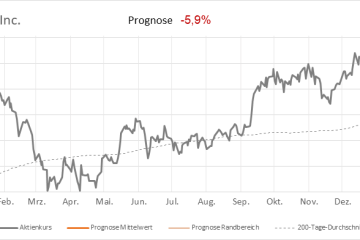Gen Z Employee Stands Up Against a Toxic Boss

Introduction
In today’s corporate landscape, discussions around workplace culture have gained significant traction, especially concerning employee mental health and well-being. A recent incident involving a Gen Z employee confronting a toxic boss has sparked conversations about the importance of speaking out against workplace toxicity. With Gen Z entering the workforce, their attitudes towards traditional workplace hierarchies and toxic management styles are shifting perspectives, making this topic particularly relevant.
Details of the Incident
The incident unfolded at a prominent tech company where a young employee, identified as Priya, shared her experience on social media. She described her encounters with her manager, who allegedly favored certain employees while berating others. Priya reported numerous instances of shouting and public humiliation, leading to a demoralizing work environment.
With the support of her colleagues, Priya decided to address the issue directly, requesting a meeting with upper management to express her concerns about the negative impact on team morale and productivity. She documented her experiences and gathered testimonials from fellow employees, providing a collective voice against the toxic behavior. This pushback highlights a growing trend among Gen Z workers who prioritize mental health and well-being over job security.
Impact on Corporate Culture
The story quickly went viral, garnering media attention and public support. Many have commended Priya for her bravery in confronting a boss who perpetuates workplace toxicity. This incident has not only resonated with employees facing similar issues but has also pressured companies to evaluate their management styles and workplace culture.
Experts emphasize that a healthy work environment is crucial for productivity and employee retention. Toxic work cultures can result in high turnover rates and reduced efficiency, costing businesses significantly. Consequently, companies are now re-evaluating their policies and implementing training programs focused on empathy and positive leadership.
Conclusion
Priya’s courageous stand against her toxic boss serves as an example for all employees, particularly within the Gen Z demographic. As younger generations continue to enter the workforce, there is an increasing expectation for companies to foster supportive and respectful work environments. This incident not only highlights the necessity for open conversations about workplace culture but also encourages employees to advocate for their rights. Moving forward, organizations must recognize the significance of mental well-being in the workplace, ensuring that they cultivate an atmosphere where every employee feels valued and heard.









